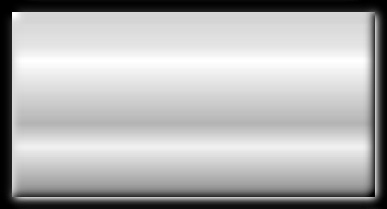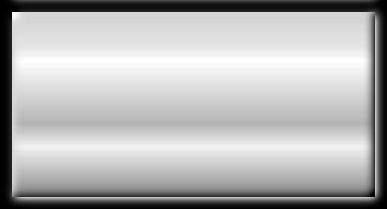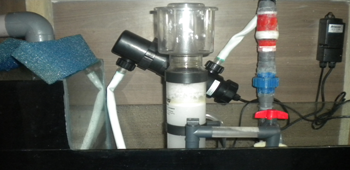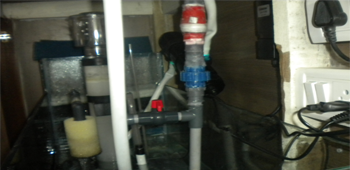|
|





















Biological filter media gives beneficial bacteria a place to
colonize and remove toxins produced by organic waste - the
single most important process for the health of your
aquarium. Choose biological filter media by the type of filter
you are using, and how much surface area you need (if you
have a heavy bio-load, maximize surface area). Denitrifying
bacteria are aerobic; keep oxygen levels healthy with
an air pump or aerating water pump.
When it's time to clean your media, don't remove it all at once - bacteria takes a while to get established and removing it leads to catastrophic spikes in ammonia and pH. If your filter isn't designed for partial media changes, pack multiple filter bags only rinse one at a time in aquarium water. Browse by brand, type, or scroll down for our complete selection!
Biological filters are devices to culture microorganisms that will perform a given task for us. Different types of organisms will perform different tasks. Part of the art of designing and using bio-filters is to create an environment that will promote the growth of the organisms that are needed.
Depending on design and application, bio-filters have the ability to accomplish the following functions. The first three functions are performed by biological means and the last four are done by physical processes that do not depend on living organisms.
1. Remove ammonia
2. Remove nitrites
3. Remove dissolved organic solids
4. Add oxygen
5. Remove carbon dioxide
6. Remove excess nitrogen and other dissolved gasses
7. Remove suspended solids
There are 4 main types of aerobic biological filters and several subcategories of each. Here is a listing of the major types.
I. Re-circulated Suspended Solids (Activated sludge)
II. Aquatic Plant Filters
A. Unicellular (Microscopic)
B. Multicellular (Macroscopic)
III. Fluidized Bed Filters
A. Sand Filters
B. Bead Filters
IV. Fixed film
A. Rotating Biological Contactors (RBC)
B. Trickling Filters
C. Submerged Filters (with or without aeration)
1. Up flow
2. Down flow
3. Horizontal flow
4. Moving Bed
When it's time to clean your media, don't remove it all at once - bacteria takes a while to get established and removing it leads to catastrophic spikes in ammonia and pH. If your filter isn't designed for partial media changes, pack multiple filter bags only rinse one at a time in aquarium water. Browse by brand, type, or scroll down for our complete selection!
Biological filters are devices to culture microorganisms that will perform a given task for us. Different types of organisms will perform different tasks. Part of the art of designing and using bio-filters is to create an environment that will promote the growth of the organisms that are needed.
Depending on design and application, bio-filters have the ability to accomplish the following functions. The first three functions are performed by biological means and the last four are done by physical processes that do not depend on living organisms.
1. Remove ammonia
2. Remove nitrites
3. Remove dissolved organic solids
4. Add oxygen
5. Remove carbon dioxide
6. Remove excess nitrogen and other dissolved gasses
7. Remove suspended solids
There are 4 main types of aerobic biological filters and several subcategories of each. Here is a listing of the major types.
I. Re-circulated Suspended Solids (Activated sludge)
II. Aquatic Plant Filters
A. Unicellular (Microscopic)
B. Multicellular (Macroscopic)
III. Fluidized Bed Filters
A. Sand Filters
B. Bead Filters
IV. Fixed film
A. Rotating Biological Contactors (RBC)
B. Trickling Filters
C. Submerged Filters (with or without aeration)
1. Up flow
2. Down flow
3. Horizontal flow
4. Moving Bed






















